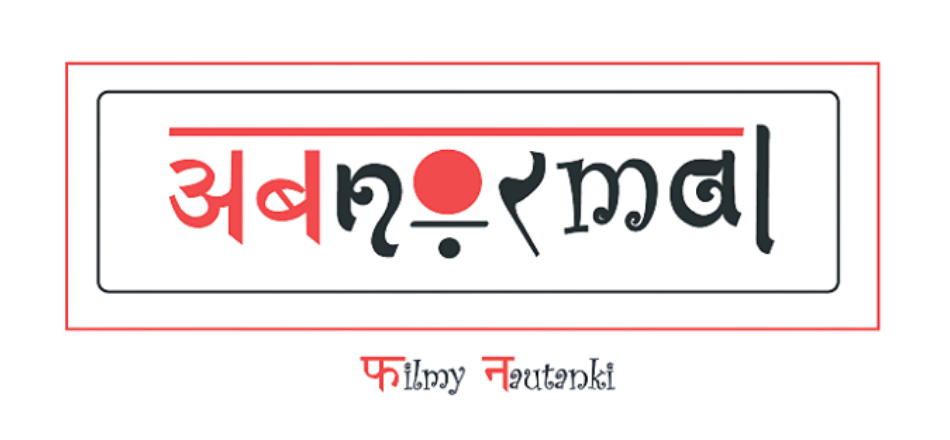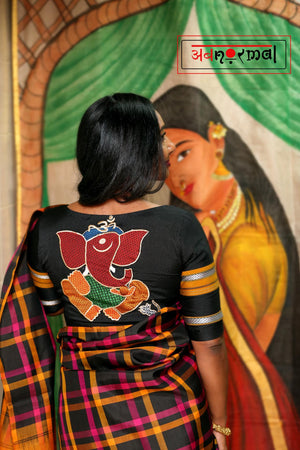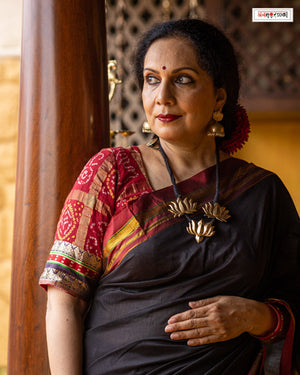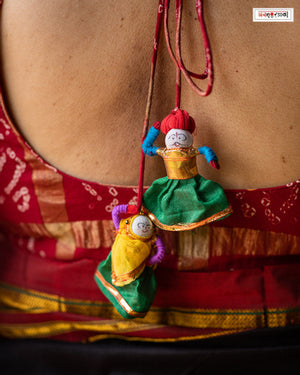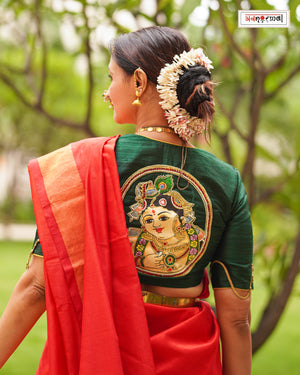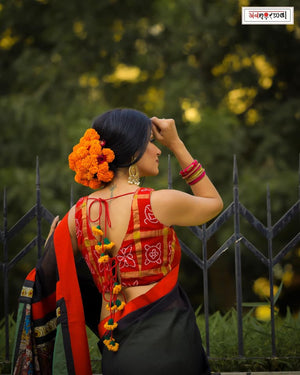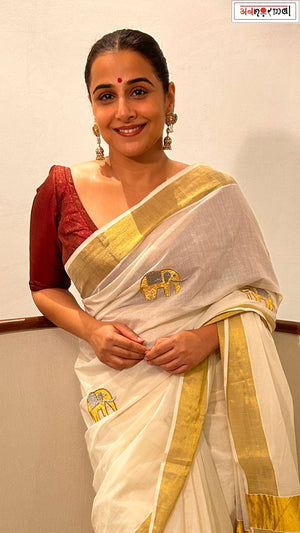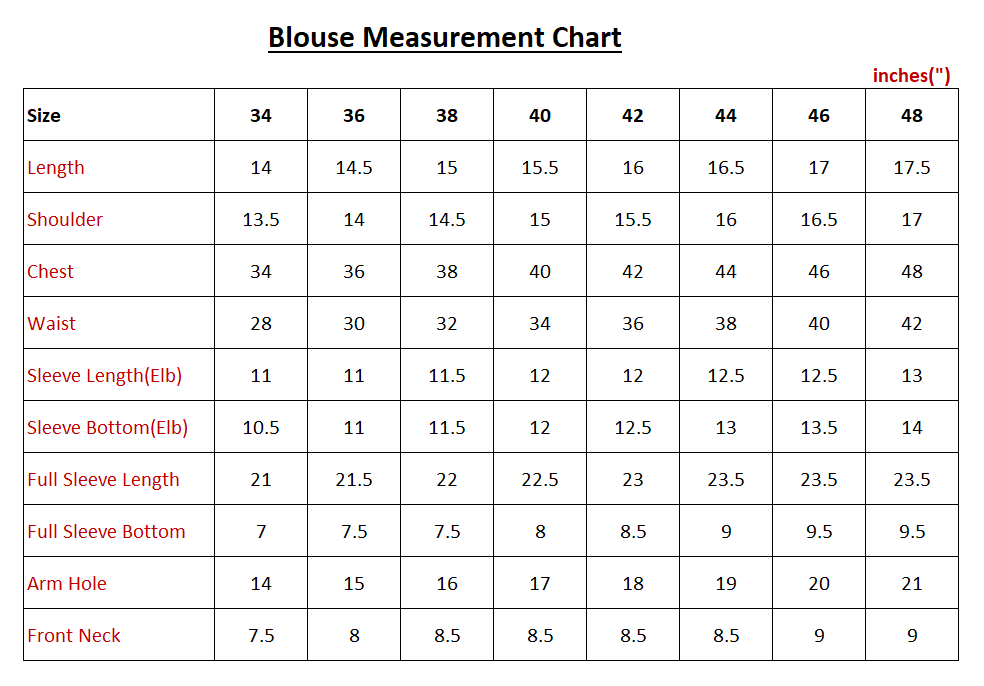Karwa Chauth Ki Katha

Festivals seem to take centre stage when it comes to the year end in India. While some of the notable ones include Diwali, Dussehra, Navratri, Christmas etc. there is one Hindu festival that holds significant importance in many Indian households: Karwa Chauth. Celebrated by a majority of Hindu women, it is a festival held on the fourth day after a full moon or Purnima in the month of Kartik.
According to tradition, many married women observe a fast from sunrise to moonrise for their husbands. This period of fasting is done to ensure their husbands live a life of safety and longevity. The word ‘Karwa’ means ‘pot,’ referring to a small earthen pot of water and ‘Chauth’ means fourth, alluding to the fourth day after the full moon.
Another fascinating aspect of Karwa Chauth is the countless of folklore surrounding this auspicious festival. While there are many stories to narrate, there is one about the devoted Queen Veeravati that seems to be the one that’s told the most. For those who are unaware of this captivating tale, read on for a festive love story.
A long time ago, there lived a beautiful princess named Veeravati. When the time came for her to get married, a handsome king took her hand in marriage. Now a queen, Veeravati was happy and loved her husband dearly. As it was tradition, during the time of her first Karwa Chauth after marriage, Queen Veeravati went to her parents’ house.
On the morning of Karwa Chauth, Veeravati began her fast after sunrise. However, the queen began to feel weak during the course of her fasting. Now, Veeravati also had seven brothers who loved her immensely. When these seven brothers saw what their sister was going through with her fast, they couldn’t bear to see her in that state. So, they decided to deceive her into ending her fast.
The brothers went to a hill close to their house and made a fire on top of it. They then asked their sister to see the bright glow of the fire. They told her that it was the moonlight and convinced her that the moon had risen and requested her to break her fast. But once, the queen ate her dinner, she then received the news that her husband had passed away.
Shocked and heartbroken, the queen hurried back to her husband’s palace. On her way back she met lord Shiva and goddess Parvati. On this meeting she was informed by goddess Parvati that the king died because she had broken her fast by seeing a false moon. The queen immediately asked goddess Parvati for forgiveness and was granted a boon where her husband will come back to life but will be sick.
As soon as the queen reached the palace, she found the king lying unconscious on the bed with hundreds of needles sticking out of his body. Every day, the queen was able to remove one needle from the body of the king. By the next Karwa Chauth, there remained only one needle that needed to be removed.
On that day, the queen observed a strict fast and went to the market to buy the karva (pot) for the puja. While she was away, the maid in the palace removed the final needle from the king’s body which woke him up. When the king saw the maid, he mistook her for his queen. The moment queen Veeravati returned to the palace; she was given the position of a maid. Despite the queen’s unfortunate circumstance, she continued to faithfully serve the king and religiously observed the Karwa Chauth vrat.
One day, the king was preparing to visit another kingdom and out of kindness asked queen Veeravati who was now the maid, if she wanted anything. The humble queen asked the king to bring her two identical dolls and the king agreed. Then the queen began to sing a song which went like this, “Roli ki Goli ho gayi...Goli ki Roli ho gayi." (The queen has turned into a maid and the maid has turned into a queen)
When the king asked her why she kept singing the peculiar song, the queen proceeded to tell the king the entire story. Realizing his unfortunate mistake, the king promptly restored the queen back to her royal status.
The end.
While many believe this story of Karwa Chauth to be about a wife’s devotion to her husband, it is also about the strength of Queen Veeravati. Throughout her struggles, her resilience and will to survive in her situation also shines through. We hope you enjoyed this story, and stay tuned for more!
